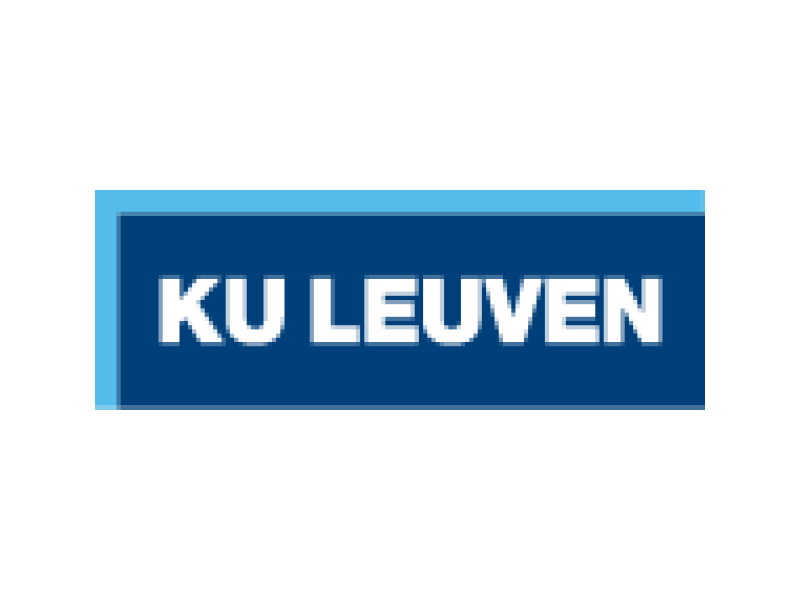
KU Leuven
Key technology:
Additive Manufacturing
Company summary:
KU Leuven will celebrate its 600th anniversary in 2025, making it one of Europe’s oldest universities. KU Leuven is pioneering in Additive Manufacturing (AM) since 1990. Research on AM was initiated at the Mechanical Engineering Department of KU Leuven by Professor Jean-Pierre Kruth. Initially, research focused on the production of polymer parts for rapid prototyping purposes. This led to the foundation of ‘Materialise’ , the first spin-off company of the AM-group, which is known today as one of the key players in additive manufacturing of polymers and software development for AM. Already in 1991, the AM-group started investigating the possibilities to manufacture metallic parts by means of laser-based processes such as Laser Powder Bed Fusion (LPBF). To facilitate process optimisation, the AM-group designed and built their own LPBF apparatus. Over the years, this unique equipment was further improved and later also equipped with a real-time process monitoring system. These developments were commercialized in a second spin-off company ‘3DS-LayerWise’ which is focusing on the production of metal LPBF parts and corresponding equipment.
Since 2022, AM related research, performed at different campuses and departments across KU Leuven was centralized in the Leuven AM Institute. It allows the creation of multi-disciplinary collaborations by bringing together the expertise of more than 200 experts from all over the university and the university hospitals. This leads to unique synergies, which creates a positive societal impact through AM. The institute aims for excellence in research, education, and services related to AM and builds further on the pioneering work of Prof. em. Jean-Pierre Kruth.
Technology/expertise for ENLIGHTEN project:
Within the Enlighten project, KU Leuven will support the Multimaterial AM part generation using Laser Powder Bed Fusion. KU Leuven’s expertise in metal alloy design, multiscale characterization and numerical simulation will be employed to design a durable and reliable interface between Nickel and Titanium based alloys in 3D printed multimaterial parts.
As Materials Engineers at KU Leuven, we educate, empower and inspire people to engineer efficient and circular materials, processes and applications. We strongly believe that combining materials in more intelligent ways and with the use of additive manufacturing techniques, will open doors towards improved part design and more sustainable material use.
KU Leuven